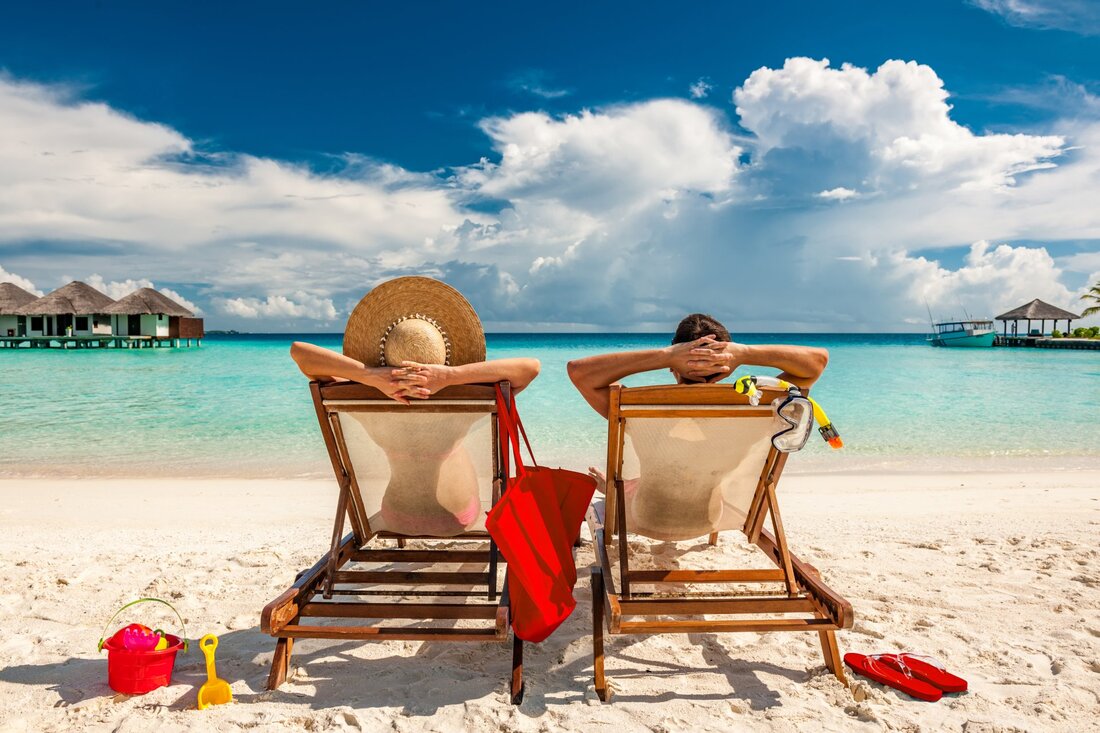|
Vacations are an interesting phenomenon. Why do we have them? At first glance, it’s to make us happier. We enjoy them while we’re on them. It’s something to look forward to. However, have you ever stopped to ask yourself whether they’re net positive on your life? Remember that a lot of happiness is relative. If you think of yourself as unsuccessful at work because you have a 9 to 5 cubicle job for a corporation when you know people who’ve started their own nonprofit or make a living doing art, you might feel bad. However, you can have the same job and feel like a success because you’re comparing yourself to the people who struggle to hold down any job or whose job is to scuba dive through sewage.
Likewise, vacations have the potential for long term negative effects, because you might always be comparing your day-to-day to a vacation in Hawaii, and it can just never compare. This can create unnecessary dissatisfaction in your life. There are a few possible reactions to this. One is to re-evaluate your day-to-day and change it so that you do like it. This is generally a good recommendation for people. But what if your job is actually quite good or you have other reasons to stay in it (ethical ones, for example). What should you do then? Anti-vacations are an option. An anti-vacation is doing something on purpose that is less good than your day-to-day which will then make you appreciate it more. Now, this doesn't have to be as masochistic as it sounds. A good general strategy for this is to organize holidays that maximize life satisfaction to the detriment of moment-to-moment happiness. Take for example hiking trips. Let’s be honest - hiking can often be miserable. There are endless bugs, your whole body is sore, you haven’t had a hot shower in days and neither has your tent-mate. Yet there are some peak moments during the hike, like the feeling of reaching a glorious view or reaching your campsite for the night and talking around the campfire. Yet every hiker can attest to the glory of arriving back in civilization and having that first shower. You (hopefully) shower daily, but you never appreciate it as much as after a hiking trip. This is the power of an anti-vacation. It makes you appreciate the mundane while still improving your life as whole, creating feelings of accomplishment and garnering social approval. Other good examples of anti-vacations are visiting a very poor country or doing physical challenges like marathons or going on a fast. Try it out. You might be surprised at the power of changing the psychology of a holiday.
0 Comments
Leave a Reply. |
Popular postsThe Parable of the Boy Who Cried 5% Chance of Wolf
The most important lesson I learned after ten years in EA Why fun writing can save lives Full List Kat WoodsI'm an effective altruist who co-founded Nonlinear, Charity Entrepreneurship, and Charity Science Health Archives
June 2024
Categories |
Proudly powered by Weebly

 RSS Feed
RSS Feed